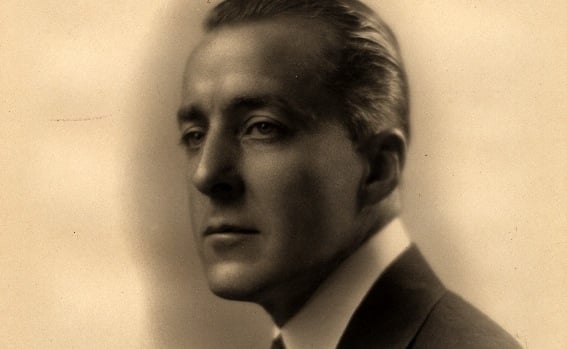Frank Campanale says the revival of the famed brokerage should be a hit
For Frank L. Campanale, the impending resurrection of the iconic brokerage firm E.F. Hutton & Co. represents the fulfillment of a long-held dream.
On Monday, a group of former E.F. Hutton executives, led by Mr. Campanale, unveiled plans to launch a new financial advisory firm under the Hutton name. The new firm, E.F. Hutton & Company, will be based in New York and will aim to replicate the culture of the old firm, which was founded in 1904.
That culture, said Mr. Campanale, is one where advisers not only focused on building their own books of business but on helping fellow advisers build theirs as well.
“It's a fantastic brand and it still has a wonderful legacy, not only with the advisers who loved working there but with the clientele as well,” said Mr. Campanale,, who formerly served as chief executive of the Smith Barney Consulting Group, a successor to Hutton's pioneering money management unit.
In 1987, Shearson Lehman/American Express acquired E.F. Hutton -- which two years earlier had been rocked by a scandal involving check overdrafting -- for $1 billion. The Hutton brand was dropped by Amex in 1990, when it changed the name of its Shearson Lehman Hutton brokerage to Shearson .
Members of the alumni group bought the Hutton brand from an investor outfit more than a year ago. Citigroup Inc., which had owned the Hutton brand, sold the name as part of its asset sales after the financial crisis.
Mr. Campanale said he has long been interested in reviving the Hutton brand.
For years, he assigned his lawyer the task of checking to see whether Citigroup had allowed its rights to the E.F. Hutton name to lapse. About five years ago, he said he almost snagged the rights to use the name — only to discover that Citigroup was still using the name in a small number of relatively obscure transactions.
“Talk about divine intervention,” he said. “Had I gotten the name five years ago, I would have put it back into existence, the markets would have blown up and we would have gotten our butts kicked and probably not be in business today, right?”
Today, with the rights to use the E.F. Hutton name secure, Mr. Campanale and his team are getting ready to take the wraps off the new E.F. Hutton.
He promised more announcements about the firm in the months ahead.
Q. Can you describe the culture you are trying to revive?
A. That culture is a group of advisers that not only wants to grow their own business, but they are willing to work together to make the overall enterprise better. That really doesn't happen today. In fact, the single biggest competition at some big firms today is your own firm.
Q. You do realize that reviving a defunct brand is pretty unusual, don't you?
A. We do. It was just a fantastic company. And you know, the people who helped to make it fantastic have never been happy anywhere else since. They want to be back to that again. It's amazing what people will do when they feel good about where they work. It's magic. And what happened at Hutton was really magical.
Q. But how do you recreate that magic?
A. You recreate that by bringing in like-minded people. Then we bring in different management teams that will oversee various components of the company. And then we say, “Okay, who is our customer?” And our customer is really the adviser that we service, who, in turn, services the client.
Q. Are there other firms out there today that have a similar culture?
A. You know, when I left Smith Barney I spoke with a number of companies that wanted to provide me with an opportunity to work for them. Without exception, they all said “listen, we don't want to reinvent the wheel here, we just want to do what you guys did back at Hutton.”
Q. What was your response?
A. I said, “Yeah, well everyone would like to do that.” The thinking is that if you throw enough money at it, you can make that happen. But it has nothing to do with money. It's like trying to make a women love you by spending lots of money on her. The chemistry that makes people love one another just doesn't happen because you throw lots of money around. And it doesn't work in a company either. It's not about that. It's something special. Our hope is that we can create that kind of culture again. I'm pretty optimistic we can.
Q. What is your biggest obstacle?
A. The single biggest obstacle in our industry has to do with the general consensus of the public about our industry. Think about it. Every major financial institution was fundamentally bankrupt and bailed out by the taxpayer. If you talk to the customers and ask them what their level of confidence is in the financial services industry, you will probably find it's not very good. That's a big obstacle to overcome.
Q. Will the new company be a spiffed-up a version of the old E.F. Huttton
A. It will be a new millennium version. That's the best way to say it.
Q. Do you worry that this will go down in history as another bad sequel?
A. I can't see why this wouldn't work. I just can't . . . unless we lose site of our fundamental ideology and I don't see that happening. We have a very clear vision of the quality of the level of firm we want to create here.







